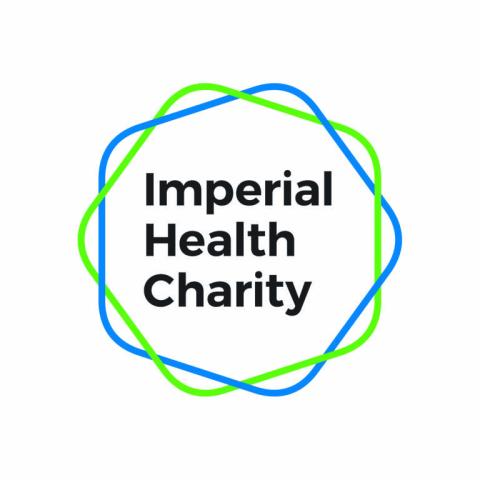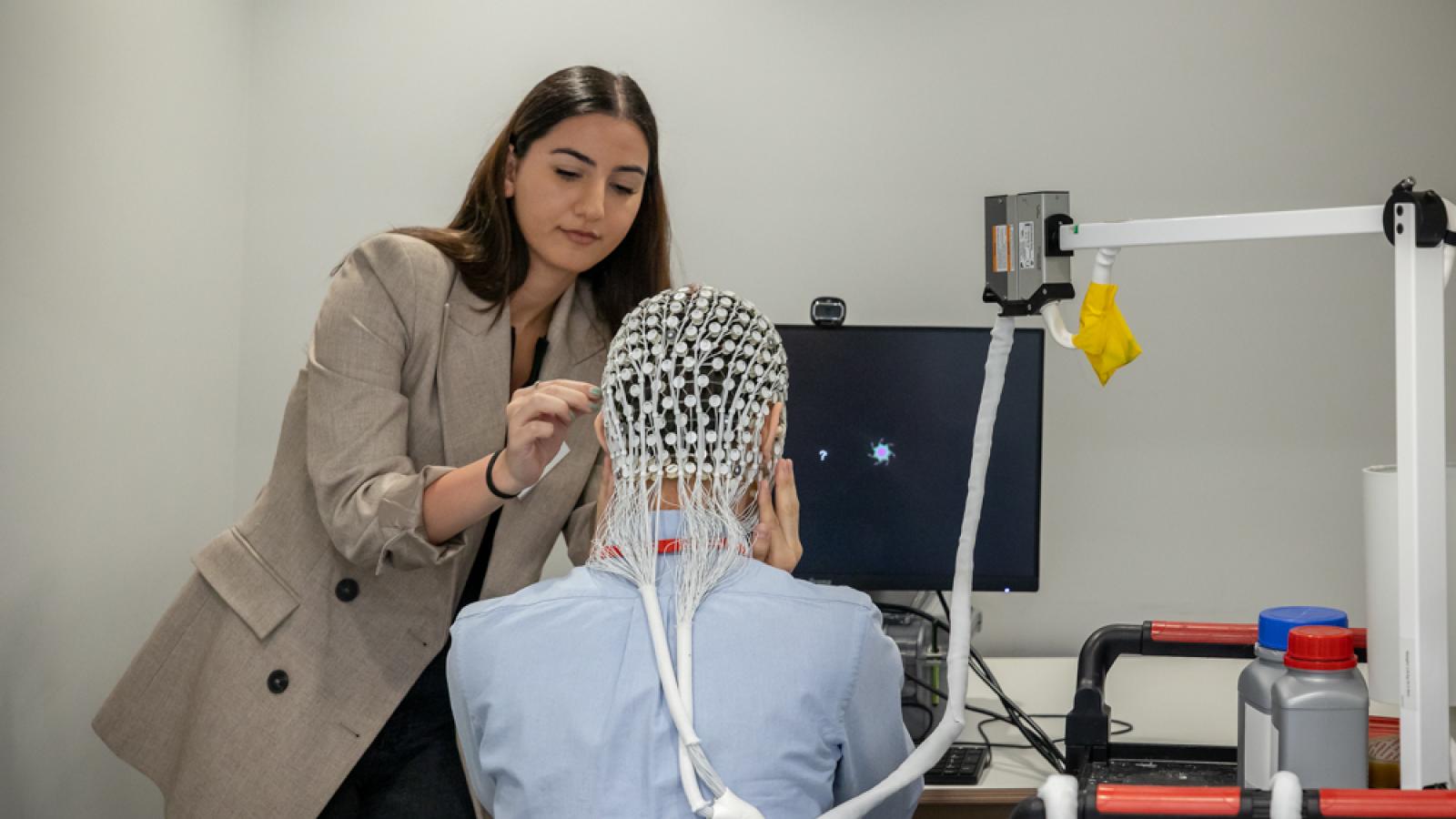Measuring the brain's electrical activity to diagnose delirium
The Scott Lab is working on improving care for patients with neurological conditions by studying the brain's electrical activity. A key focus is delirium—a sudden confusion or change in consciousness that affects about 25% of older adults admitted to hospitals. Delirium is distressing, often goes unnoticed, and can lead to complications like falls, longer hospital stays, or even death. It’s also linked to dementia, either worsening it or increasing the risk of developing it.
Currently, diagnosing delirium is challenging because it relies on subjective assessments and can be confused with symptoms of dementia or hidden brain seizures. To address this, the team is exploring the use of EEG (electroencephalography), a technology that records brain waves, to identify brain activity patterns linked to delirium. Traditional EEG requires costly equipment and specialised expertise, but new portable devices make bedside use feasible for clinicians.
The group is developing a method called Neurostate, which uses artificial intelligence to analyse EEG signals and provide clear, easy-to-understand measures for clinicians. By refining this approach in hospital patients, they aim to create a reliable tool to distinguish delirium from dementia and detect seizures. Neurostate has the potential to improve diagnosis, guide treatments, and lead to faster recovery for thousands of patients globally.
Latest news
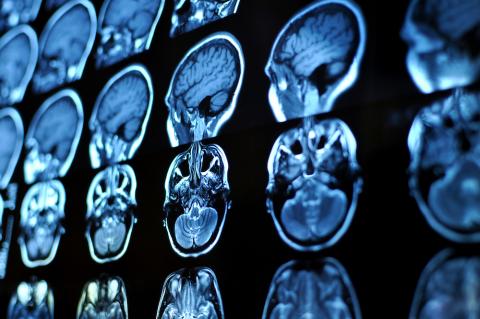
Dr Gregory Scott
Dr Gregory Scott is a Group Leader at the UK DRI Centre for Care Research & Technology. Find out more about his career and expertise on his profile page.
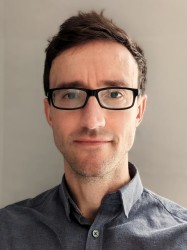
Research summary
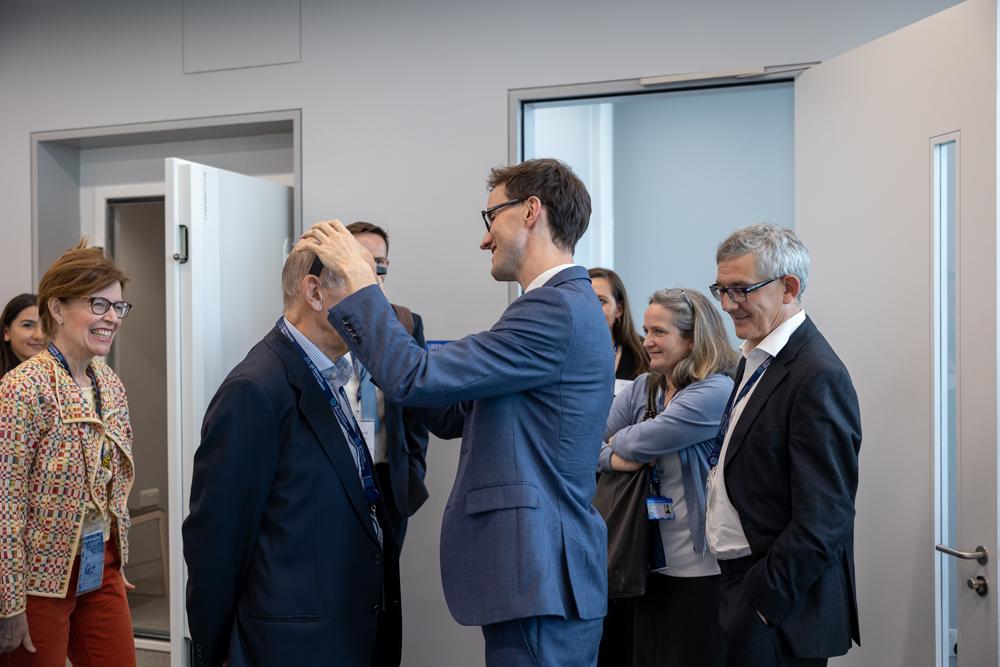
Dr Greg Scott demonstrating the EEG devices at the UK DRI Centre for Care Research & Technology's launch event. Credit: Dan Weill
Computational Neurology
A focus of the Computational Neurology group is to measure the brain’s electrical activity in patients with neurological disease to help guide clinical care. When people living with dementia are admitted to hospital, it is often accompanied by delirium.
Despite the consequences of delirium, it is often poorly recognised by clinicians, partly because our bedside clinical assessments, based on patients’ responses to commands, are subjective, crude, and confounded by existing problems like dementia, where it can be difficult to tell what is new (delirium) from old (dementia). Sometimes, hidden seizure activity in the brain can also be present. What we need is a way to accurately measure delirium, including distinguishing it from dementia, so we can diagnose and treat it better.
Electroencephalography, EEG, can safely record brain waves from the scalp. But EEG needs expensive equipment and specialists to record and then interpret the signals. Fortunately, new easy-to-use portable EEG equipment means EEG signals can now be recorded by any clinician at the bedside. We need to automatically turn these signals into clinically useful measures.
The Scott Lab uses computational techniques, including artificial intelligence, to turn EEG signals into measures that can be understood by a range of clinicians. They are analysing thousands of existing EEG recordings to discover the features of EEG signals that can most accurately detect delirium and seizures. We call this method Neurostate. To develop Neurostate further, the team will use portable EEG equipment in newly hospitalised patients, with and without delirium, many of whom will have existing dementia.
They aim for Neurostate to result in accurate, informative, point-of-care measures obtainable by any healthcare professional, to transform the care of patients with delirium, dementia, and seizures. The information provided by Neurostate will allow doctors to detect and treat these conditions earlier and more appropriately. This can lead to better outcomes and shorter time spent in hospital for thousands of patients, benefitting the patients and healthcare systems worldwide.
The Computational Neurology group works at the intersection of engineering, computational neuroscience, and translational medicine. Current projects include:
- Development of a high-throughput automated clinical EEG processing pipeline
- Automated seizure detection in EEG
- Diagnosis and prediction of Parkinson’s disease in EEG/polysomnography
- A prospective study of electroencephalography in patients with delirium
- Testing “digital twin” mesoscopic computational models of clinical EEG
Key publications
Lab members
- Dr Abdullah M Virk (Clinical Research Fellow)
- Dr Oliver Fox (Clinical Research Fellow)
- Dr Stephen Auger (Clinical Researcher)
- Nina Moutonnet (PhD Student)
- Ellie Carre (PhD Student)
Vacancies
Collaborators
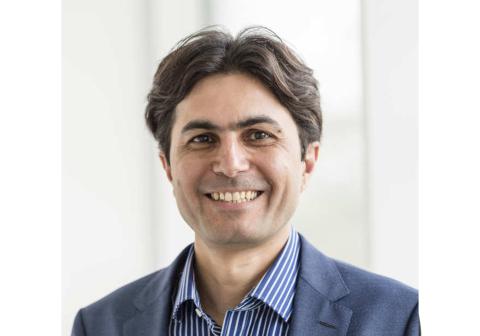
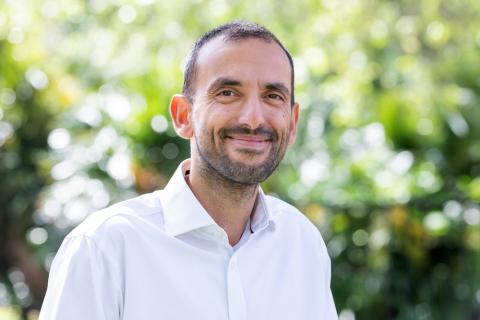

Lab funders
Thank you to all those who support the Scott Lab!

